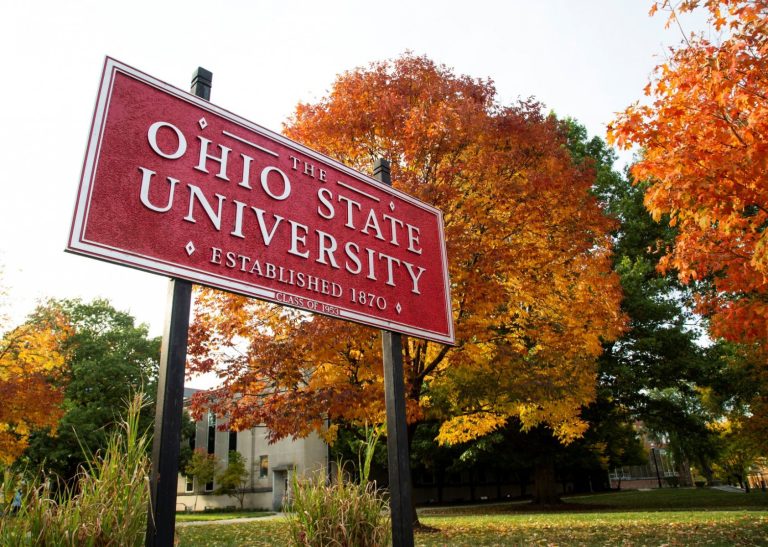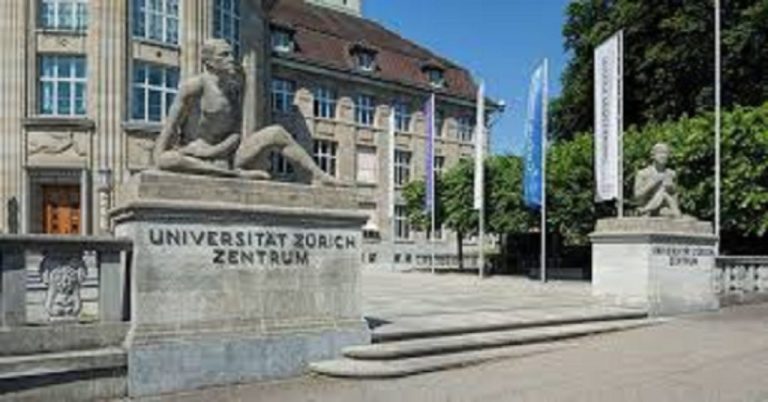
The Department of Criminology at the Max Planck Institute for the Study of Crime, Security and Law, in Freiburg im Breisgau, Germany is looking for a Behavioral Scientist at the Postdoc Level (f/m/d) – Developing and Testing Interventions to Reduce Crime and Fear Thereof in Public Spaces Using Virtual Reality.
Your profile
We are seeking a behavioral scientist with a strong empirical background, a keen interest in crime prevention and public safety, and the theoretical mechanisms underlying them for our new research program. You will work with an international and interdisciplinary team of researchers and virtual reality developers to create and subsequently test interventions to reduce crime in urban settings.
The challenge
The postdoc position is part of a recently launched research program which seeks to use virtual reality (VR) to test the effect of interventions aiming to prevent crime and/or increase public safety. For this purpose, VR replicas of street segments, squares, and other public spaces, i.e., “virtual twins” of the city of Freiburg (and potentially other cities), will be developed and experimentally augmented. This approach enables the creation of realistic and ecologically valid versions of these areas while maintaining researcher control. Additionally, in a departure from conventional field experiments, VR experiments provide access to the research population and hence can tap into individuals’ motivations, emotions, and cognitions. This offers unique opportunities for theory testing and increasing our understanding of how interventions work and for whom. Consequently, the research can break new ground in advancing our understanding of criminal and anti-social behavior and how to reduce it.
Interventions in the research program may involve human presence (e.g., number and type of guardians present, ‘eyes on the street’) or entail physical changes to the environment (e.g., CCTV cameras, dynamic street lighting). Candidates will be encouraged to come up with their own ideas for innovative interventions, which they subsequently test in virtual reality. The postdoc will be supervised by Prof. Dr. Dr. Jean-Louis van Gelder and Prof. Dr. Dan S. Nagin.
The requirements
- a PhD in psychology (e.g., social, cognitive, developmental), (empirical, spatial) criminology, communication science, behavioral economics, sociology, or a similar (empirical) discipline;
- a strong publication record;
- a strong background in statistics;
- a strong interest in crime research and novel research methods;
- experience with experimental research designs;
- a highly creative mindset;
- a highly collaborative attitude – you value teamwork;
- excellent social and communication skills;
- an interest in developing applied solutions in order to reduce crime.
Ideal candidates are committed to open science and transparent research practices. Speaking German is an asset but not a prerequisite for the position, nor is experience with VR or 3D modelling.
About us
The Max Planck Institute for the Study of Crime, Security and Law (MPI-CSL) is a growing European center for research in criminology, public security matters, and criminal law. The Institute is part of the Max Planck Society for the Advancement of Science – Germany’s flagship research organization.
The Department of Criminology at the MPI-CSL offers a highly interdisciplinary and dynamic research environment in which criminologists, psychologists, sociologists, mathematicians, and computer scientists work together to understand the causes and consequences of criminal behavior and to develop effective interventions for the prevention of crime and the facilitation of offender rehabilitation. The department pushes the boundaries of crime research through the application of innovative methods, developmental theories of crime, and real-world application. It currently hosts three researchers with prestigious individual European Research Council (ERC) grants.
The Institute, with its approximately 150 employees, is located in Freiburg im Breisgau (Germany), a dynamic university city with a 900-year history. The city in the trinational border region (Germany, Switzerland, and France) impresses newcomers with its high quality of life and international flair.
Our offer
The position is available from the earliest possible starting date. Contracts are awarded for a period of five years with the possibility of extension for a maximum of another two years. It is a fully funded research position with no teaching obligations.
The position is full-time (currently 39 hours/week). Remuneration and social benefits are based on the German Civil Service Collective Agreement (TVöD Bund), payscale group 13 or 14 (entry level depending on prior experience), 100% (see https://oeffentlicher-dienst.info/tvoed/bund/). The salary includes all mandatory social insurance contributions for health care, long-term care, unemployment, and retirement. The work location is Freiburg im Breisgau (Germany). We are committed to ensuring a positive work-life balance and offer flexible work options as well as generous opportunities for personal and professional development. There are also a number of daycare spots at a nearby child care facility.
The Max Planck Society is an equal opportunity employer and supports diversity in the workplace. Applications from disabled persons are welcome. We also aim to increase the percentage of female staff in fields in which they are underrepresented and therefore expressly encourage women to apply. Applications are particularly welcome from persons with backgrounds that have so far been underrepresented in science and research with regard to gender, age, professional and cultural background, family situation, sexual orientation, and nationality.
Your application and further information
To apply, please submit your application with the following documents:
- cover letter, including your research interests and relevant work experience;
- your CV, including a list of publications;
- up to three publications you consider your best or most relevant for the position;
- name and email address of two or more scholars who can serve as a reference.
Please submit your application via our online application portal.
Questions may be directed to Prof. Dr. Dr. Jean-Louis van Gelder (j.vangelder@csl.mpg.de) or Prof. Dr. Dan Nagin (dn03@andrew.cmu.edu).



